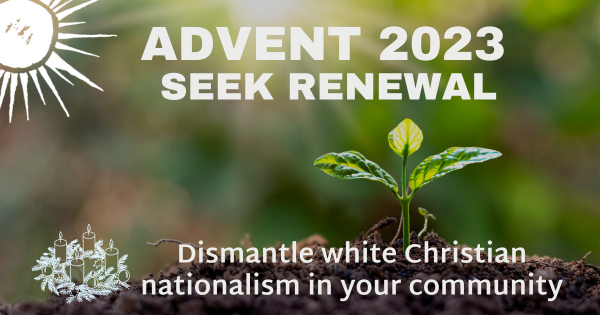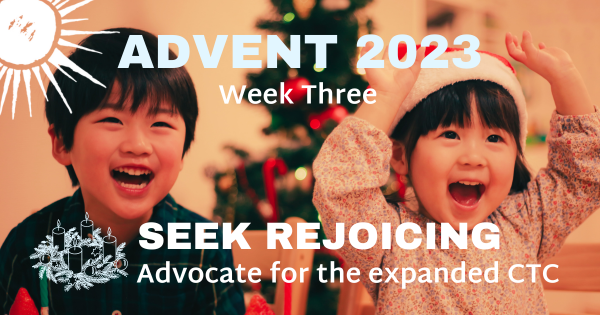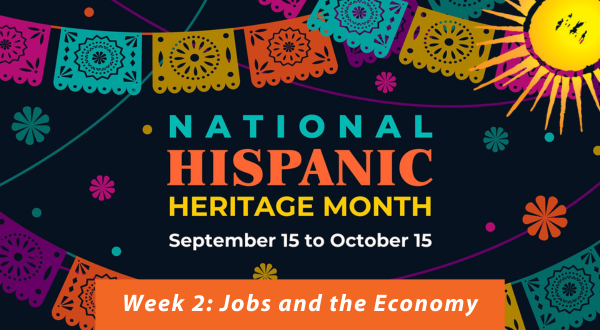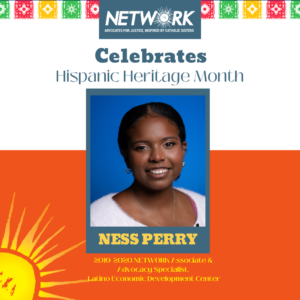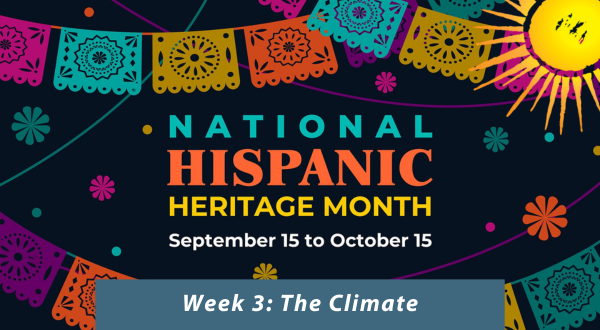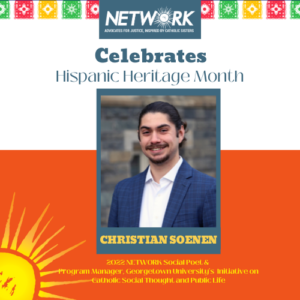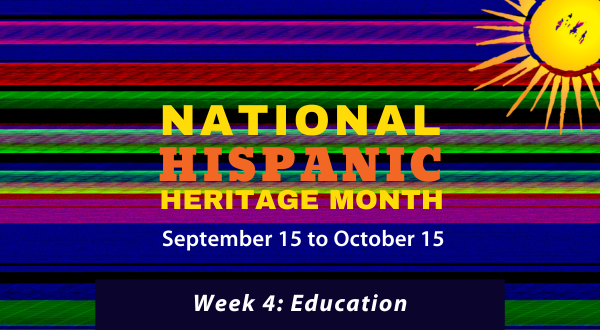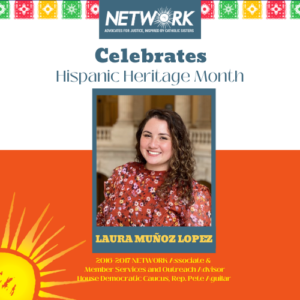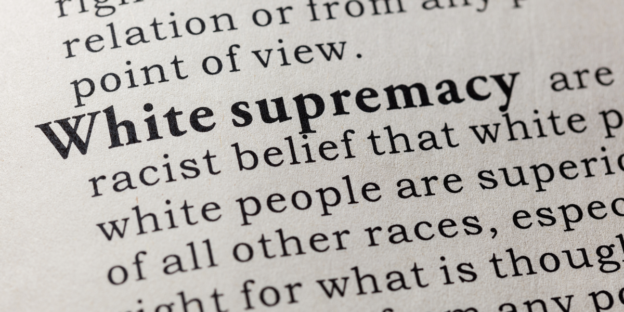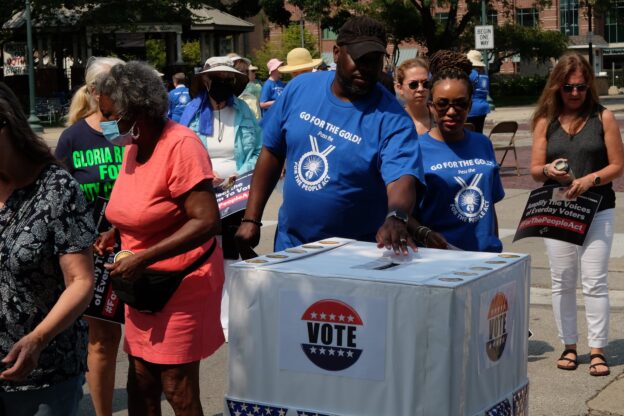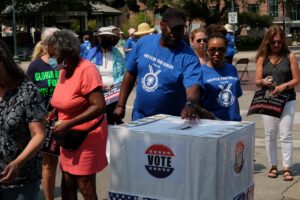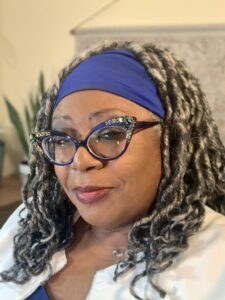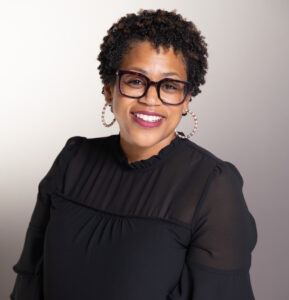This Advent Calls for Renewal
Joan F. Neal
December 8, 2023
Advent 2023, Week Two Reflection: Disavow and Dismantle White Supremacy
Readings for the Second Sunday of Advent, December 10.
IS 40:1-5, 9-11
PS 85:9-10, 11-12, 13-14
2 PT 3:8-14
MK 1:1-8
The readings on the Second Sunday of Advent remind us that the purpose of Advent is to show us that we can start again, that new beginnings are possible. The Gospel and the first reading this Sunday feature the words of Isaiah, fulfilled in John the Baptist, a voice in the wilderness proclaiming Jesus’ entry into human history. Here, God is doing something entirely new. Human history is starting over again, and we get a second chance to hear the Word of God and follow it.
Read NETWORK’s Advent 2023 reflections here!
In the U.S., we could use this restart to our history. White supremacy and Christian nationalism were built into our systems and structures by people with a vision of America as a place for only a certain kind of privileged, white Christian. This white supremacy has endured for centuries and is contrary to the Gospel. Jesus showed up to transform the structures and habits that cut us off from God — to bring liberty to captive people and let the oppressed go free. Sadly, these structures still show up in how we treat one another: economic inequality, lack of access to affordable healthcare, and violence and oppression against Black, Brown, and Indigenous people, etc.
In recent years, NETWORK has sought to tell this story and spread it far and wide. In doing so, we have centered two justice-seekers — Fr. Bryan Massingale and Dr. Robert P. Jones — whose voices cry out in the desert of white supremacy as it manifests itself in U.S. Christianity. In October, we hosted the third of our White Supremacy and American Christianity dialogues with them, this time focusing on how “a consistent ethic of hate threatens our democracy.”
Read NETWORK’s Advent 2023 reflections here!
We know and recognize the truth and that truth can set us all free. It requires facing our history, repenting and repairing the wrongs. NETWORK’s conversations with Fr. Massingale and Dr. Jones offer a sobering perspective into the founding sins of the U.S. But where we start doesn’t always have to be where we end. This week’s second reading reminds us that as we await new heavens and a new earth in which righteousness dwells, we must conduct ourselves in holiness because, “God does not delay his promise,” and “is patient …, not wishing that any should perish but that all should come to repentance.”
This Advent, let us all heed the call of the prophetic voices of our day and set about educating, organizing, and lobbying to disavow and dismantle white supremacy and Christian nationalism–in our communities and our churches.
Call to Action:
To assist with the ongoing work of dismantling white supremacy, NETWORK created a Reflection and Discussion Guide that you can download. It is a companion to the latest White Supremacy and American Christianity online conversation. We hope that it equips you, advocates and supporters, in personal reflection and your own conversations. We encourage you to consider hosting screenings and discussion groups to help educate your community about white Christian nationalism — an ongoing threat to a multi-racial, multi-cultural democracy where all people can thrive.
Where in your community does the path still need to be made ready for the way of the Lord?







